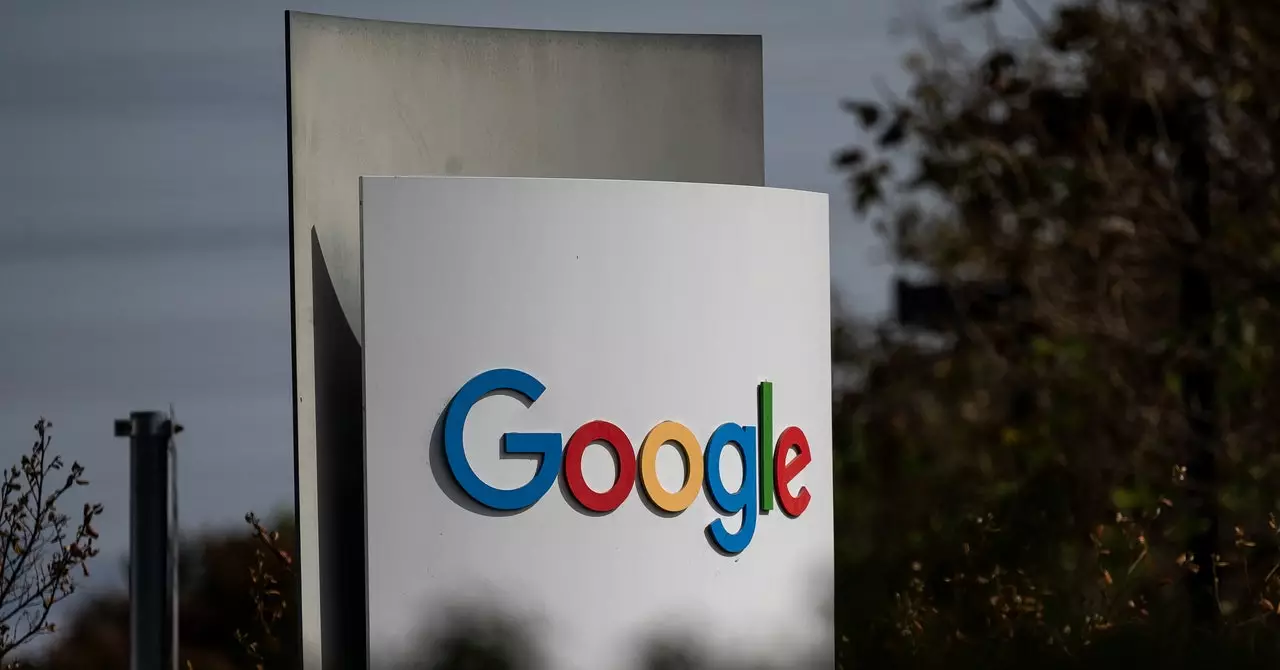As artificial intelligence continues to evolve, the competition among chatbot platforms is heating up, notably with Google’s Gemini Assistant emerging as a significant contender against established players like OpenAI’s ChatGPT. However, this struggle takes place against the backdrop of legal challenges that may hinder Google’s ability to leverage its extensive ecosystem to promote Gemini effectively. The crux of the matter revolves around how Google’s eagerness to launch Gemini could be stifled by ongoing regulatory debates that seek to dismantle its tightly-knit arrangements with device manufacturers, browsers, and wireless carriers.
The antitrust case against Google has raised questions not only about its current market practices but also about its future direction in AI innovation. A recent filing disclosed a series of restrictions that could limit Google’s capacity to mandate its partners to promote Gemini. These restrictions serve as a direct counter to antitrust measures proposed by the US Justice Department, which are aimed at curtailing Google’s control over distribution channels. The Justice Department’s demands for data transparency and business divestiture highlight a broader effort to ensure that Google’s historical dominance in search does not extend into the burgeoning field of AI chatbots and virtual assistants.
A significant development in this ongoing saga occurred in August, when US District Judge Amit Mehta ruled that Google had indeed violated federal antitrust laws by designating itself as the default search engine on numerous devices. This designation was often secured through advertising revenue-sharing agreements, effectively establishing Google as an unassailable force in both search and advertising markets. The ruling recognized that these default statuses not only reinforced Google’s market presence but also discouraged healthy competition, allowing the company to raise advertising prices unchecked and revenue to swell.
The entry of Google’s Gemini Assistant into the chatbot marketplace signifies a pivotal moment not just for Google, but for the entire tech industry. As AI capabilities develop, the transition from traditional search engines to competitive AI chatbots poses new challenges. The Justice Department and various state attorneys general are keen to monitor how these new players like Gemini will fare against established norms that have historically favored Google’s dominance in traditional search environments.
Despite the legal restraints, Google continues to advocate for its position, arguing that its user-centric approach has maintained its dominance in search. The company’s claim rests on the premise that consumers are more likely to stick with default settings—a pattern that could carry over as Gemini attempts to establish its footing. Nevertheless, the limitations imposed by the ongoing legal scrutiny could impede the widespread adoption and visibility of Gemini compared to its rivals.
Investors appear surprisingly optimistic despite these challenges, with shares of Alphabet—Google’s parent company—soaring over 37% in 2024, marking one of the company’s best annual performances in its two-decade history. This trend suggests a belief that Google will navigate the antitrust difficulties while simultaneously fostering innovation within the AI space. However, while investor confidence remains high, it is essential to recognize that lasting changes resulting from the antitrust rulings may take years to materialize.
Furthermore, Google’s strategies indicate a desire to maintain leverage even with the proposed limitations. The company aims to secure default status on specific devices like Samsung phones without mandating universal compliance. In doing so, Google retains some level of control while working to balance legal constraints with ongoing promotional efforts for Gemini.
As the courtroom battles continue, the future of Google’s AI ambitions remains uncertain. It faces a critical juncture in which its next moves could either solidify its legacy or undermine its potential as a leader in the evolving AI landscape. The emergence of chatbots like Gemini is a reminder that innovation must adapt not only to technological advances but also to regulatory frameworks. The coming months, especially with pending court decisions and potential appeals, will be vital in determining how aggressive companies like Google can be in promoting their new technologies in a space that is increasingly competitive and fraught with legal complexities.
Ultimately, the interplay between innovation, regulation, and market dynamics will shape the future of AI chatbots, making it imperative to keep a close watch on developments in this critical sector.

